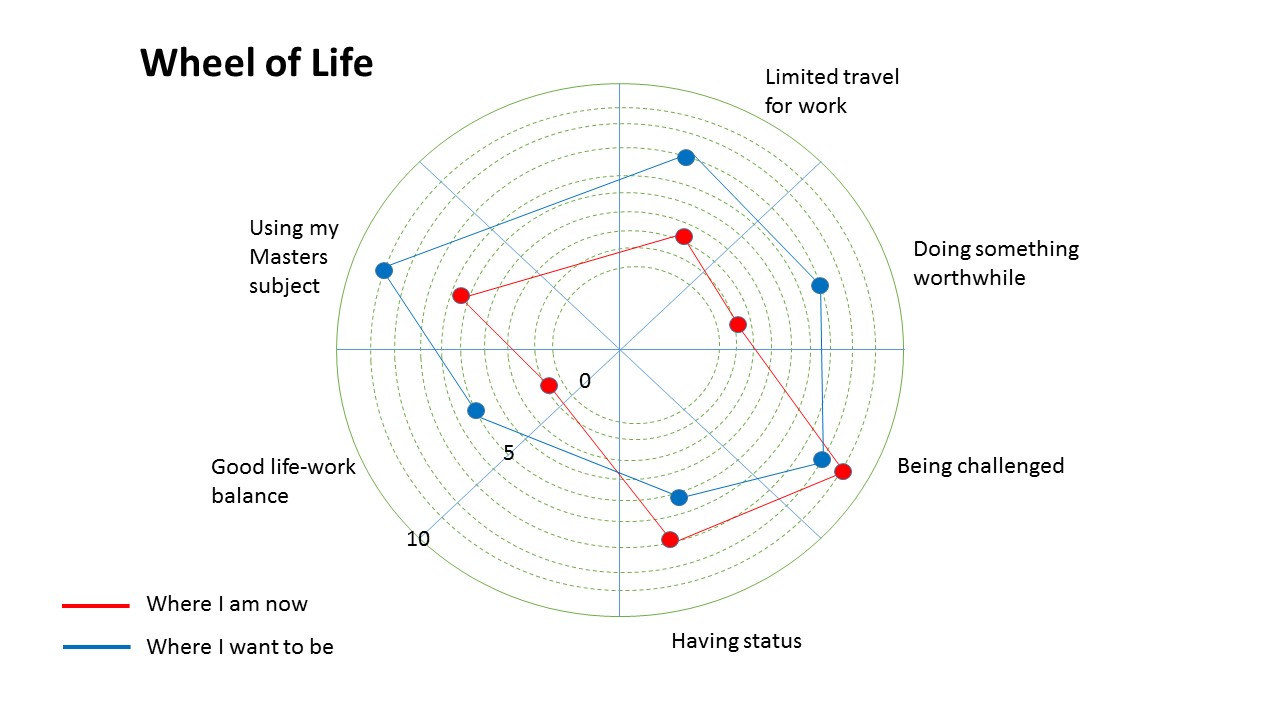Many thanks to my colleague Janet Onyia for this blog post which gives an introduction to a great resource for researching occupations and employment sectors. If you are thinking of a career change, or career development within your current sector, I’d encourage you to have a look at ‘The Guide to Occupations’ section of our website. Carol
This blog is the start of a series on the careers resources available to you from the Careers Service and how best to utilise them. This series will guide you through some of the valuable information on our website, MyCareerHub and the Careers channel on MyEd.
In this first post of the series we’ll look at how you can use our website to research different roles and industry sectors. This information mainly sits under the ‘Explore your options’ part of our website in the ‘Guide to Occupations’ Section.
This section pulls together a wide range of careers information, from job profiles and vacancy sources to industry insights, all in one location.
On the Find Your Sector page we’ve created broad categories, subdivided into smaller sectors. For example, the Science, Environment and Energy category is subdivided into Environment and energy, and Scientific research, analysis and support.
Each sector has an overview and several sub-sectors. Environment and energy, for example, includes Cartography, Extraction and energy production, Environmental protection and conservation, and more. These contain information on different roles within that area, including occupational profiles giving typical job descriptions with duties, entry requirements, average salary information and typical employers.
Whether you already have your career planned out or you’re thinking of a change of direction, this section will give you valuable industry-related information and alternative vacancy sources.
Watch out for our next Resources post which will focus on Vault, a leading provider of company rankings, intelligence and guides, available on the Careers channel in MyEd.









